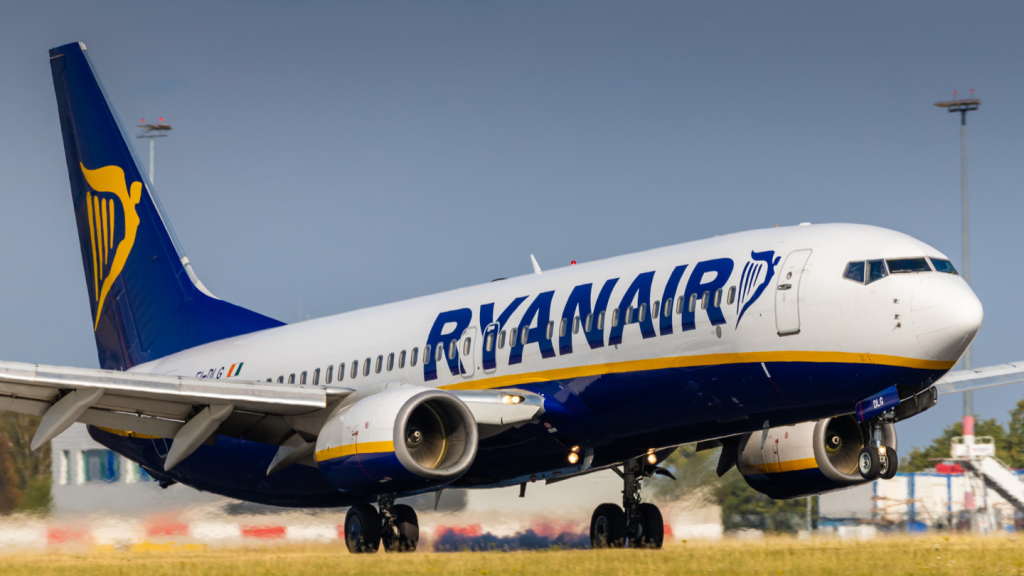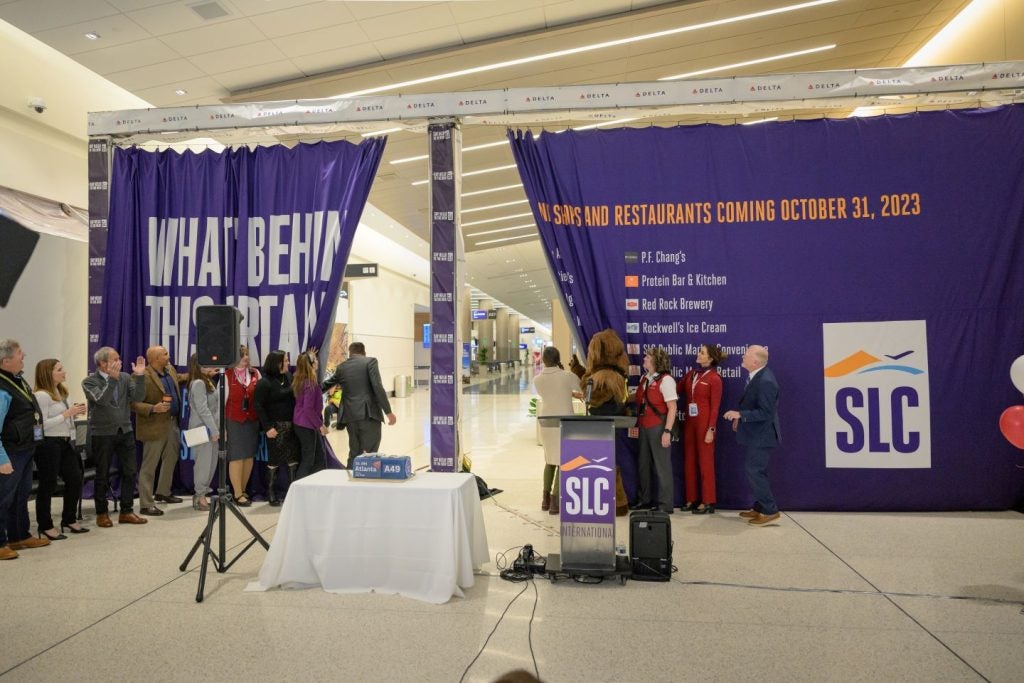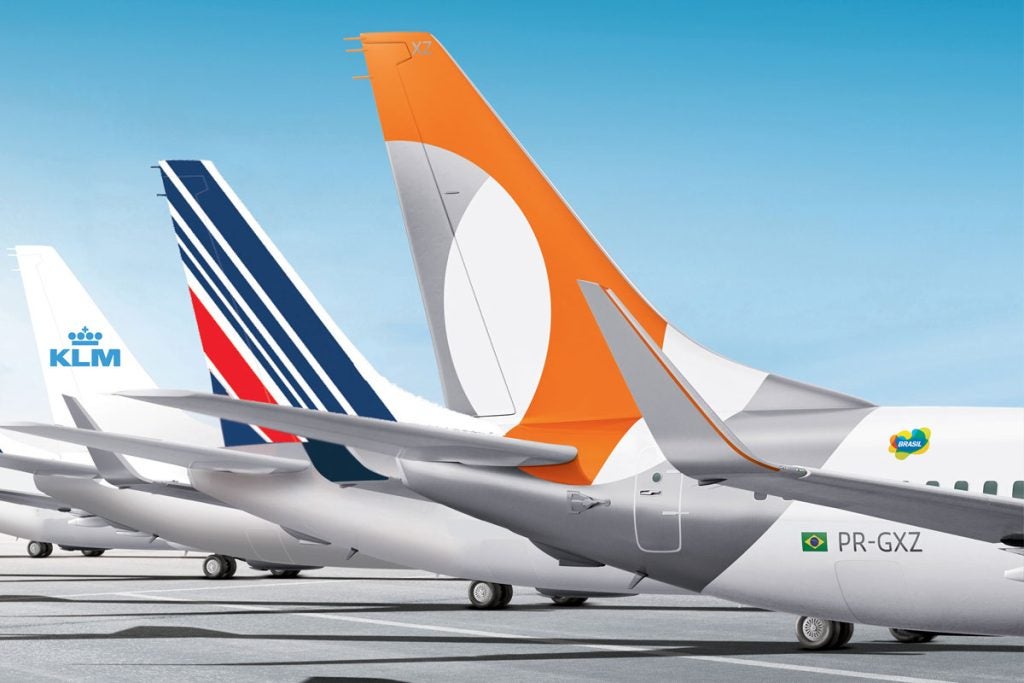The antitrust trial against JetBlue’s merger with Spirit Airlines has begun as the US Department of Justice (DoJ) argued the $3.8bn acquisition would increase fares and deny competition.
Despite JetBlue previously hoping it could persuade the department to support the deal, the trial began with the DoJ attorney pointing to the airline’s internal analysis that projected its fares would increase by 30% without Spirit there to compete on the same routes.
As reported by Reuters, Justice Department attorney Arianna Markel said: “JetBlue is counting on the fact that eliminating Spirit and the competition Spirit provides will allow JetBlue to raise fares. That is real harm to real people.”
The DoJ’s complaint was first filed in March and is supported by the states of Massachusetts, New York, California, Maryland, New Jersey, North Carolina and the District of Columbia.
On the other side of the argument, JetBlue has said that it would be able to offer lower fares by combining its services with Spirit and act as a more serious competitor for the big four airlines in North America: American, United, Delta and Southwest.
JetBlue attorney Ryan Shores reportedly addressed the court at the beginning of the trial to argue that the US Government had misread the situation around the merger and was trying to stop JetBlue from becoming a bigger challenge to the dominant airlines in a market that is “bad for competition and bad for consumers”.
JetBlue originally signed the billion-dollar acquisition deal in July 2022 after Spirit abandoned a previous agreement with Frontier Airlines.
The trial is the second of the year attempting to halt JetBlue from combining operations with another airline after a judge previously ruled that the airline must end its Northeast Alliance partnership with American Airlines after siding with the DoJ, which described the partnership as a “de facto merger” of the two companies’ operations in the Boston and New York areas.
Though American said it would be moving ahead with an appeal on the judge’s decision in the NEA case, JetBlue said it would end the partnership in the hope that the DoJ might have considered the move as a positive towards the Spirit merger.
JetBlue has also sought to address the DoJ’s concerns by signing agreements to divest some of Spirit’s holdings to Frontier Airlines and Allegiant Air in the northeast, though the department said that this was not enough to assuage its concerns.
The trial, at a federal court in Boston, is part of a wider crackdown by President Joe Biden’s administration to preserve competition in the low-cost airline industry.















